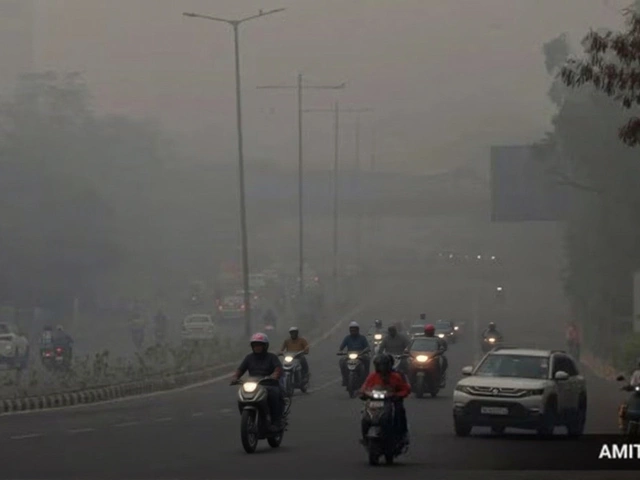Ratings: What we measure and why it matters
Ratings isn't just numbers. It’s a quick way to tell what’s working, what’s failing, and what people are actually paying attention to. On this tag you'll find stories that use sales figures, viewership data, audits and on-the-ground checks to score things like cars, channels, gadgets and public controversies. Think of it as a collection of short, useful snapshots—no fluff, just the facts that help you decide.
How we rate things
We look at concrete metrics: sales and delivery numbers, audience growth, audit findings, and direct product checks. For example, car popularity often shows up as sales — Mahindra crossing 300,000 SUV sales in H1 2025 and hitting record quarterly volumes tells you demand is high. For media, we use viewership trends and credibility signs—stories like "What should all the Indian news channels stop doing?" and assessments of networks help judge how trustworthy or noisy a channel is. For products, a simple test such as whether the Infinix Note 12 Pro 5G supports FM radio answers a practical rating question.
How to read a rating story
Start with the key number: sales, audience share, audit claim or test result. Then check the timeframe—was this a single month spike or a sustained trend? Look for context: why did numbers move? New launches, promotions, or policy changes can explain sudden jumps. We try to give that context. For instance, Mahindra’s July boost was linked to fresh launches and EV deliveries. When you read about audits or oversight—like debates over the CAG and Air India after a takeover—focus on what authority can actually check and what it means for transparency.
Want practical tips? If a car crosses half a million sales, consider strong resale prospects and broad service networks. If a news channel keeps pushing sensational headlines, treat its "breaking" alerts cautiously. If a gadget lacks a basic feature you need, that’s a dealbreaker even if other specs look good.
We also cover public opinion and controversy under this tag. Pieces asking "What is wrong with Amit Shah?" or "Why is Amit Shah bad for Indian politics?" reflect ratings of political reputation and public trust. Those aren’t numeric scores, but they show sentiment and reputation trends that matter when you follow politics.
Use this tag when you want quick, evidence-based takes: who’s winning in sales, which channels are losing credibility, which products deliver on basics, and which institutions face accountability questions. We keep each story short and focused so you can get the main point fast and then dig deeper if you want.
Got a rating you want explained? Send us a tip or comment on an article. We’ll check the numbers and explain what they mean for you, plain and simple.

Many Indian news channels have been criticized for focusing disproportionately on masala news, which is defined as news that is sensationalized and often trivialized. Masala news often includes stories that are meant to shock or entertain viewers, such as crime, gossip, and celebrity news. This type of news is particularly popular among younger viewers and has been adopted by news channels as a way to attract viewers and increase ratings. The reliance on masala news has caused some to criticize these channels for neglecting to cover important news topics, such as politics and socio-economic issues.




